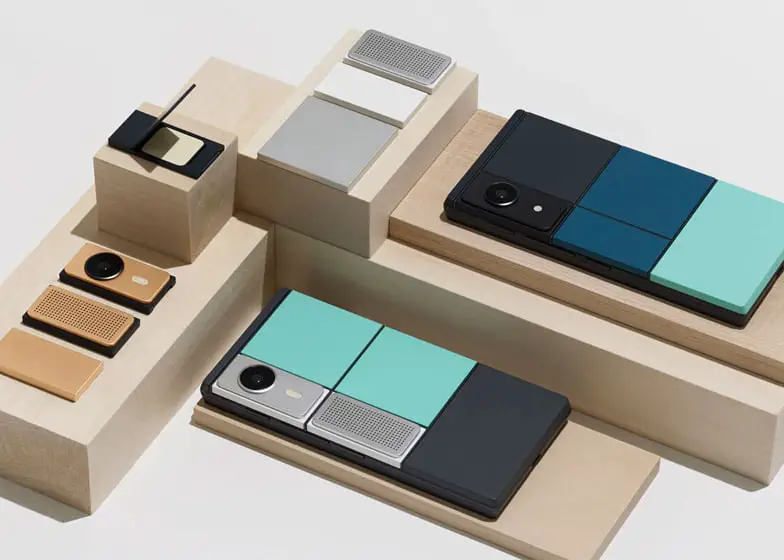As technology advances, the way we use and interact with it is constantly evolving. One trend that is rapidly gaining popularity in the tech world is modularity. Modularity refers to the ability of technology to be easily broken down into separate, interchangeable components. In this article, we will explore the future of daily tech and how everything is becoming modular.
What is Modularity in Technology?
Modularity is the concept of designing technology to be easily taken apart and replaced with other modules. These modules can include components such as batteries, processors, cameras, and screens. The idea is to create a system where consumers can easily replace or upgrade specific parts of their device, rather than having to purchase an entirely new one. This not only saves consumers money but also reduces electronic waste.
Modular technology has been around for some time now, with examples such as Google’s Project Ara and LG’s G5, but it’s only in recent years that it has gained mainstream attention. Companies like Fairphone, a Dutch smartphone manufacturer, have made it their mission to create sustainable, ethical, and modular smartphones. The company’s latest model, the Fairphone 4, allows users to replace the battery, screen, and camera module with ease.
The Advantages of Modular Technology
Modular technology has several advantages over traditional technology. First, it reduces electronic waste, as users can upgrade specific components instead of throwing away an entire device. This is not only more environmentally friendly, but it also reduces costs for consumers.
Second, modular technology allows for greater customization. Users can tailor their devices to meet their specific needs by choosing the components that best suit their lifestyles. For example, a user who values battery life can choose a larger battery module, while a user who prioritizes photography can opt for a higher-quality camera module.
Third, modular technology increases the lifespan of devices. When a component breaks down, it can be easily replaced, allowing the device to be used for longer periods. This reduces the need to purchase new devices and saves consumers money in the long run.
The Future of Daily Tech
The future of daily tech is modular. As technology evolves, we will see more and more devices designed with modularity in mind. This trend will extend beyond smartphones and into other areas of daily life, such as laptops, tablets, and even household appliances.
One area where we are already seeing the impact of modularity is in the electric vehicle (EV) industry. Many EV manufacturers, such as Tesla, are designing their vehicles to be modular. This means that components such as the battery pack and motor can be easily replaced, extending the lifespan of the vehicle and reducing costs for consumers.
Another area where modularity is gaining popularity is in the smart home industry. Companies like Nanoleaf and Philips Hue are designing modular lighting systems that allow users to easily add or remove panels and bulbs, depending on their needs.
FAQs
Q: How does modularity benefit the environment? A: Modularity reduces electronic waste by allowing users to upgrade specific components instead of throwing away an entire device.
Q: Is modularity more expensive than traditional technology? A: No, modularity can actually save consumers money in the long run as they can replace individual components instead of purchasing an entirely new device.
Q: What types of devices will become modular in the future? A: As technology evolves, we will see more and more devices designed with modularity in mind, including smartphones, laptops, tablets, household appliances, and electric vehicles.
Q: Will modularity become the norm in the tech industry? A: It’s likely that modularity will become more widespread in the tech industry as consumers become more environmentally conscious and seek more customization options.
Q: How does modularity improve device lifespan? A: Modularity increases the lifespan of devices by allowing users to easily replace broken or outdated components, extending the device’s usability.
Conclusion
The future of daily tech is modular, and as technology continues to evolve, we will see more and more devices designed with modularity in mind. Modularity not only benefits the environment by reducing electronic waste but also provides greater customization options and extends the lifespan of devices. With its many advantages, it’s likely that modularity will become the norm in the tech industry in the coming years.
See Also
Source link











Leave a Reply